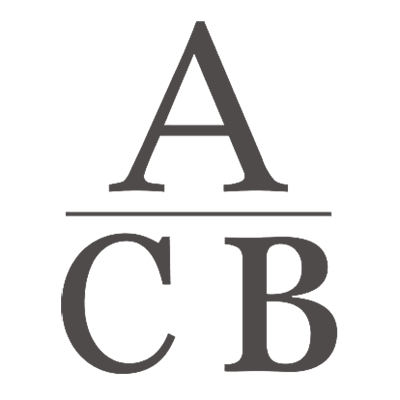Is an unpaid ban on competition after termination of a service agreement binding?
There is no legal regulation guaranteeing even minimal compensation for refraining from competitive activity after working under a non-employment contract, but such a ban may be found to be contrary to public policy.

The President has signed the new Concessions Act into law
The Act on Concession Contracts for Construction Works or Services of 21 October 2016 was signed by the President of Poland and published on 29 November. The act entered into force on 14 December.

The (in)effectiveness of leniency: Will Poland start paying whistleblowers?
The Polish competition authority openly admits that its resources, particularly its people, are inadequate to achieve satisfactory results at uncovering cartels, and the leniency programme has not generated the hoped-for effects. The proposed solution is to reward whistleblowers.

Can the form in which the bid bond is paid be modified during the course of a procurement procedure?
The Polish Public Procurement Law does not answer this question, but that is not an absolute bar to changing the form of a bid bond after the bids are opened.

Cybersecurity and the healthcare sector
It has generally been assumed that sectors like finance, energy and transport are most at risk for attacks by cyber criminals. But according to forecasts by Europol, in 2017 sensitive medical data of patients stored in poorly secured hospital systems will be in the front lines of cyberattacks. Blocking of the IT system or leaking of patient data can disrupt the work of a medical unit to such a degree that it is unable to treat patients until it pays a heavy ransom to cyber criminals. Is it possible to protect against such a scenario?

Penalisation of commerce—confiscation of enterprises
With the fight against economic crime, criminal law increasingly intrudes into the sphere of business. Under proposed legislation, an enterprise used to commit an offence could be confiscated.

Elimination of income tax exemption for closed-end investment funds
On the last day of October a notice was published on the Sejm website on filing of a parliamentarian’s bill to amend the Personal Income Tax Act and the Corporate Income Tax Act. The changes to the CIT Act, to enter into force on 1 January 2017, would eliminate the exemption from corporate income tax for closed-end investment funds (FIZ). This exemption has been used as a major instrument for tax optimisation, for example for entities involved in trading of debt and real property, and for taxpayers seeking protection against rules governing controlled foreign corporations (CFC).

PSD2: Strong customer authentication
Proposed standards for strong authentication stir numerous controversies.

First ruling on legal remedies by National Appeal Chamber since overhaul of Public Procurement Law
Poland’s National Appeal Chamber (KIO) issued an order on 5 September 2016 of great practical significance, applying new procurement rules on the permissibility of appeals by contractors interested in bidding for public contracts below the EU thresholds.

Privacy Shield up and running
On 12 July 2016 the European Commission adopted a decision under Directive 95/46/EC on the adequacy of the protection provided by the EU–US Privacy Shield, confirming that entities operating in the United States that meet the conditions specified in the Privacy Shield programme will be deemed to provide an adequate level of protection of personal data. This means that it will be permissible to forward personal data to such entities without the need to apply other mechanisms to ensure adequate protection of the data, such as binding corporate rules or approval of the data protection authority.

E-labels on foods
Consumers and producers alike complain that labels on food products are hard to understand. Could the solution for crowding in too much information be an electronic label where data of interest to the consumer could be checked using a smartphone app?

New trends in food law
An interview with Prof. Małgorzata Korzycka of the Department of Agricultural Law at the Faculty of Law and Administration of the University of Warsaw on barriers to free movement of goods on the EU food market, and the growing role of private food law.
